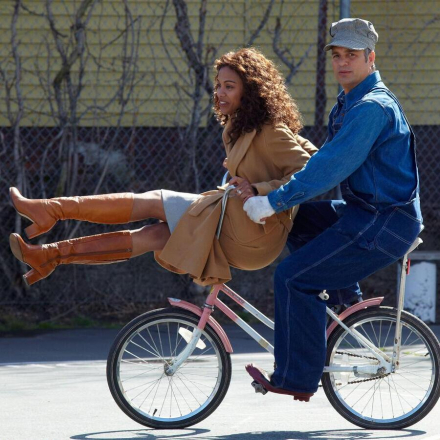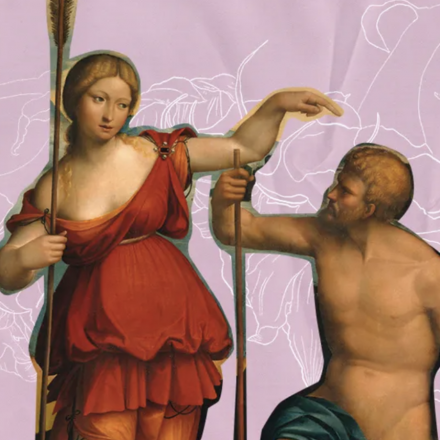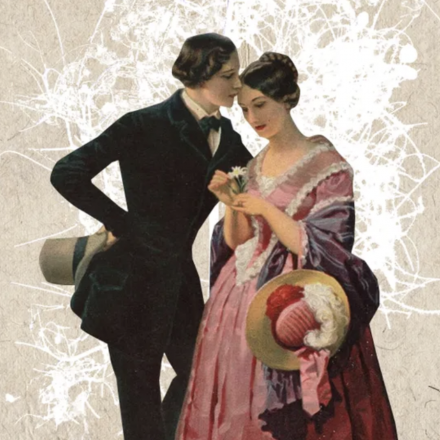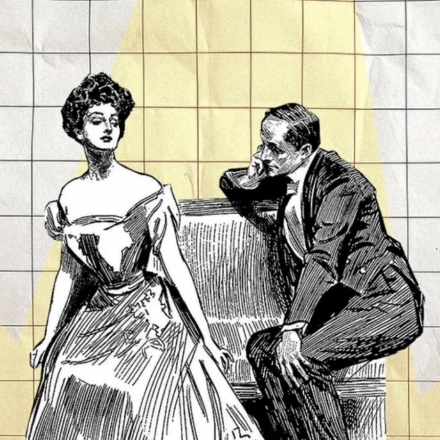From childhood, society projects an image onto girls: a little girl is a princess, special and deserving of only the best. At first glance, there’s nothing wrong with this image — who wouldn’t want their “little princess” to feel special? Yet, as with many things, there’s a fine line between support and pride.
As girls grow, the world doesn’t leave them alone on this pedestal. Feminist movements, advertising, TV shows, and even friends all echo the same mantra: “You deserve the best.” Initially, it’s uplifting; then it’s familiar, and eventually, it becomes taken for granted. But does this mindset bring real happiness?
The Gap Between “Deserving” and “Being Happy”
Let’s ask: what does this constant affirmation give women? It should make them feel more confident, right? But often, it leads to the opposite. The endless search for the “best” breeds dissatisfaction, as no matter what they have, a lingering thought persists: “Shouldn’t I be getting more?”
For many women, this sets off a domino effect of discontent, affecting relationships, careers, and personal goals. The high pedestal becomes a burden, causing a sense of perpetual disappointment with life itself.
Men Caught in the Knight Trap
On the other hand, men have long been cast into this game, too. They’re expected to play the role of a knight who will meet every whim. A man genuinely wanting to make his partner happy believes she deserves “only the best” — otherwise, he’s not “good enough.” This expectation can turn into self-sacrifice.
Where’s the happiness in all of this? Men feel trapped in this ideal and often lose sight of their own desires. They know the “deserving the best” mantra is a trap but struggle to escape from it.
Chasing Happiness Until It’s Lost
Women who are stuck in the pursuit of “the best” often end up unfulfilled. And men, struggling to live up to these expectations, also suffer. Both lose. True happiness isn’t in searching endlessly for what could be “better”; it’s in appreciating what’s already there.
If women lowered their expectations slightly and men understood that their role is simply to be present, not to chase status, perhaps more people would find what they’re truly looking for — real happiness.


















